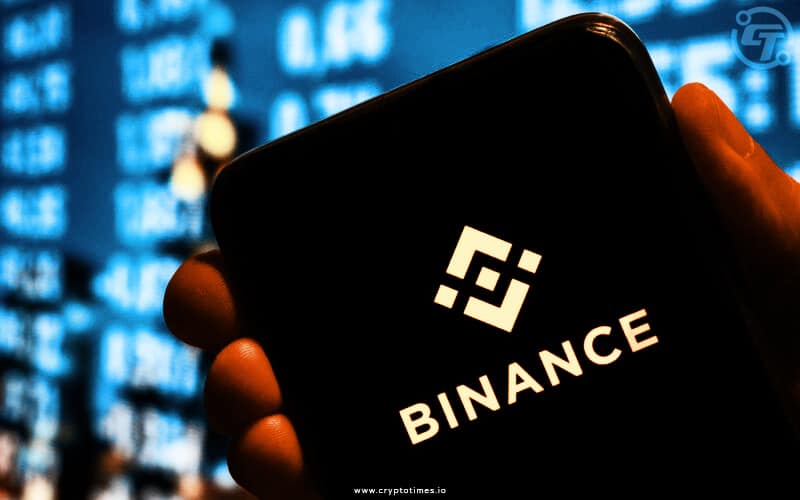Messages from Binance’s Chinese-language chatrooms show employees and volunteers sharing techniques to evade the exchange’s know-your-customer (KYC) systems. These techniques include forging bank documents or offering false addresses.
However, Chinese users are also taking on significant risks, as crypto exchanges and many products are illegal under Chinese law.
The techniques shared by Binance employees and customers to evade the exchange’s know-your-customer systems raise questions about the effectiveness of the exchange’s anti-money-laundering efforts.
When contacted, a Binance spokesperson stated that the exchange takes strict measures against policy violations and that Binance employees are prohibited from supporting users in circumventing local laws and regulatory policies.
Binance, the cryptocurrency exchange, has been accused of failing to prevent customers from bypassing its anti-money-laundering and KYC (know your customer) controls.
Experts in financial regulation expressed concern that the techniques for bypassing Binance’s controls could have implications for national security, as criminals, terrorists, and others may use it to gain access to infrastructure.
In response to these allegations, a Binance spokesperson told CNBC that the company had strict policies against suggesting or supporting users in circumventing local laws and regulatory policies and that employees violating these policies would be dismissed or audited.
However, CNBC found that some Binance employees and community managers were providing instructions to customers on how to bypass the controls, including the use of virtual private networks (VPNs) and specialized domain names, leading to concerns about regulatory violations.
According to a Binance blog post, the role of Binance’s Angels is limited, and they do not speak on behalf of Binance. However, Binance’s Chinese-language Angels undergo a separate training process that can take up to a year. They are vetted, trained, and deployed across Binance’s Telegram and Discord groups, operating under the supervision of Binance employees.
In March 2022, a user asked how users in mainland China can register their accounts, and Angel responded that they should register with an overseas email address and pick Taiwan as their residence. The Angel gave similar guidance to other customers.
In another case, a purported mainland resident worried about uploading their Chinese identity documents, and the same Angel reassured the user that they could claim to be in Taiwan but still submit a Chinese identity card, and Binance wouldn’t stop them.
Chinese residents are prohibited from participating in initial exchange offerings under Chinese laws, including a specific ban on initial coin offerings. However, the Angels suggested that registering a foreign company or with a foreign KYC would let mainland users sidestep Binance’s controls.
In response, Binance reiterated that the Angels are not employees and are part of a community ambassador program. They do not have access to Binance equipment or internal systems, nor do they have the authority to speak for Binance. Binance Angels are forbidden from sharing recommendations that are against the company’s policies or the law and would be immediately removed from the program if they were found doing so.
Read More about Binance Here!!






